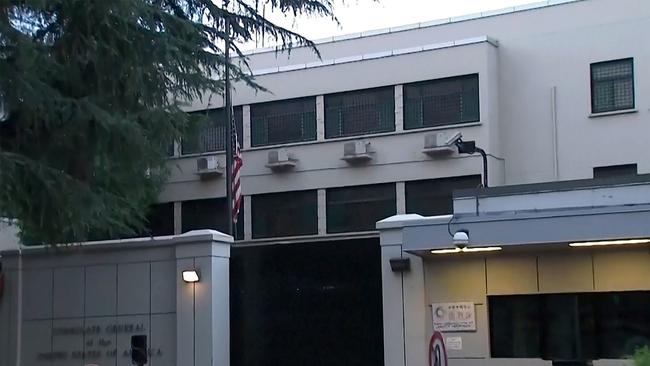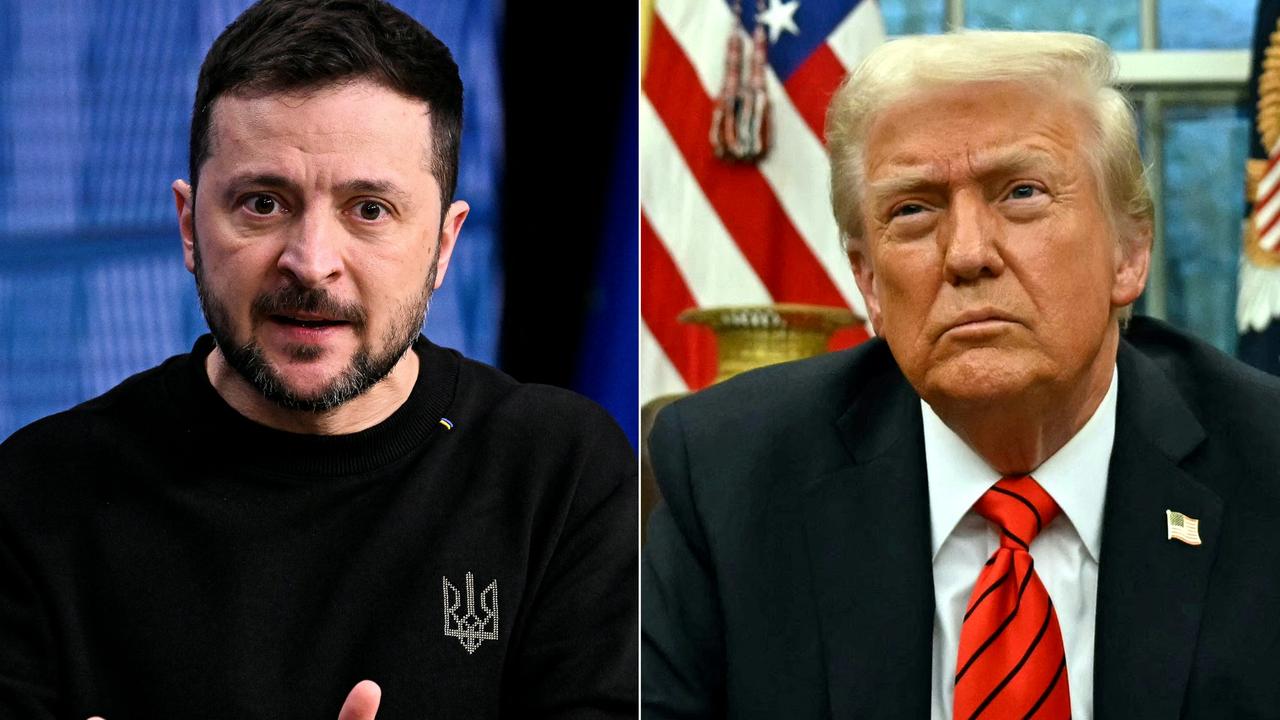US drops visa fraud cases against five Chinese researchers
Justice Department’s move marks a setback to its effort to stop alleged Chinese intelligence-gathering at US universities.

The US Justice Department dropped cases against five visiting researchers accused of hiding their affiliations with China’s military, in a major setback to a landmark effort to root out alleged Chinese intelligence-gathering in America.
In brief court filings late on Thursday and Friday, prosecutors said they would no longer pursue visa fraud and other charges against the scientists, including biomedical and cancer researchers in California and a doctoral candidate studying artificial intelligence in Indiana.
One of the visiting scientists, Tang Juan, had been scheduled to go to trial on Monday. Court papers filed in her case earlier this week show some FBI analysts casting doubt on the value of the cases. Judges had dismissed parts of the cases against Ms Tang and another researcher in recent weeks after finding that FBI agents hadn’t properly informed them of their rights against self-incrimination when interviewing them.
The academics had been arrested last July in an FBI sweep that began after another researcher, Wang Xin, acknowledged to law enforcement — as he tried to leave the US — that he had lied about his military service on his visa application to boost his chances of gaining admission to America, and had been tasked with bringing back some information by a supervisor.
The US ordered China to close its Houston consulate at the time, sending relations between the two countries to their lowest point in at least three decades and prompting the Chinese to order the US consulate in Chengdu closed. The State Department cited evidence that allegedly showed consular officials helping visiting researchers evade scrutiny.
Soon after, more than 1000 Chinese military-affiliated researchers left the US, officials have said.
A senior Justice Department official said the punishment for the crimes the researchers were charged with usually amounted to around a few months in prison, and the defendants had all been detained or under other restrictions in the US since their arrest a year ago. That led the agency to determine that further litigation in the group of cases would unnecessarily prolong their departure from the US and that their situations since their arrests amounted to sufficient punishment and deterrence.
A Justice Department spokesman said “recent developments” in the cases had prompted the department to re-evaluate the prosecutions. “We have determined that it is now in the interest of justice to dismiss them,” the spokesman, Wyn Hornbuckle, said, adding that the agency “continues to place a very high priority on countering the threat posed to American research security and academic integrity by the PRC government’s agenda and policies.”
PRC is an abbreviation for People’s Republic of China.
A lawyer for Ms Tang — who had been a visiting cancer researcher at the University of California, Davis — said she was pleased with the government’s decision and planned to return to China soon. Lawyers for the others declined to comment or couldn’t immediately be reached.
The case dismissals came days before the State Department’s No. 2 official, Wendy Sherman, travels to China for the first face-to-face meeting of senior officials in more than three months, amid escalating efforts of the Biden administration to confront Beijing on cyberattacks, human rights and other issues. The senior Justice Department official said there was no connection in the timing.
Lawyers for the researchers have generally argued that the scientists had been upfront about their home institutions and viewed their collaborations as part of a longstanding system of US-China academic exchanges, dismissing any notion of a military plot.
According to documents filed in the case against Ms Tang earlier this week, some analysts at the FBI more recently said the evidence in the cases showed no clear link between potential obfuscation on a visa application and the illicit transfer of US technology to China — a primary concern for the FBI.
“Although there have been five arrests and one wanted scholar who remains at large as a result of this effort, only two of these six have had connections to technology transfer … leading (the FBI’s China Tech Transfer Analysis Unit) to determine that scrutiny of this indicator did not yield heretofore-unknown instances of technology transfer,” analysts within the FBI’s counterintelligence division wrote in a draft memo dated April 2021.
Prosecutors in Ms Tang’s case said the memo didn’t reflect the government’s position, describing it as “preliminary in nature” and said it and another FBI draft document “misapprehend certain facts and contain multiple layers of hearsay.”
The memo also described experts on China’s People’s Liberation Army as disagreeing on the status of civilian PLA employees like doctors and scientists. It said that China’s PLA isn’t a direct analog to the US military and that while the civilian cadre are at times required to wear a uniform, it appeared that they may not consider themselves soldiers. It also said the US visa form “potentially lacks clarity.” “While this indicates a potentially institutionalised indifference to US visa policies, especially with respect to the civilian cadre, it remains an unreliable indicator of nefarious obfuscation of one’s military affiliations, and even less of an indicator of technology transfer activity,” the memo said.
The Wall Street Journal


